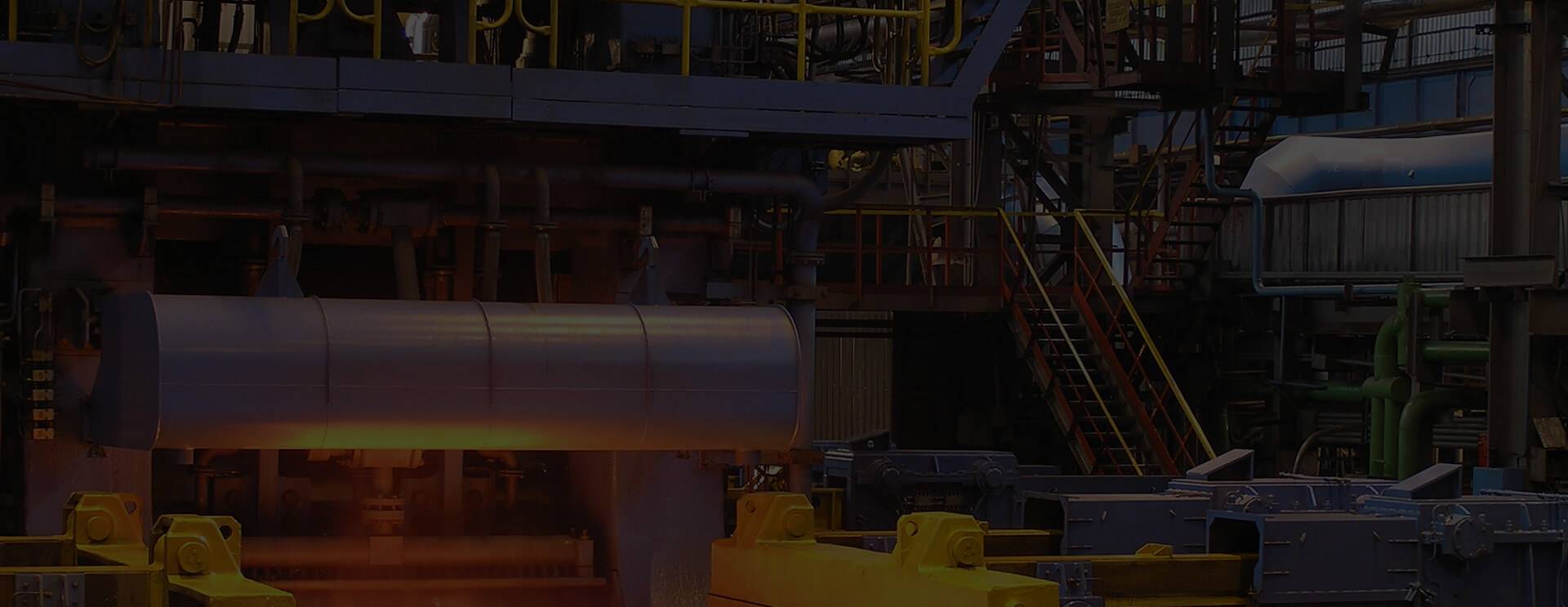loading...
- No. 9, Xingyuan South Street, Dongwaihuan Road, Zaoqiang County, Hengshui, Hebei, China
- admin@zjcomposites.com
- +86 15097380338
- Welcome to visit our website!
frp pressure vessel tank
Understanding FRP Pressure Vessel Tanks Applications, Advantages, and Considerations
In today's industrial landscape, the demand for efficient, lightweight, and durable materials has never been greater. One of the most remarkable innovations that has emerged in this field is the FRP (Fiberglass Reinforced Plastic) pressure vessel tank. These tanks are increasingly utilized across various sectors due to their unique properties and advantages over traditional materials. Understanding the significance of FRP pressure vessel tanks requires an exploration of their composition, applications, benefits, and considerations.
Composition and Design
FRP pressure vessel tanks are primarily composed of a matrix of plastic reinforced with fiberglass. This combination ensures a high strength-to-weight ratio, making them significantly lighter than traditional materials such as steel or concrete. The fiberglass reinforcement provides the necessary tensile strength, while the plastic matrix offers corrosion resistance and stress durability. Furthermore, the production of FRP tanks allows for molded shapes and sizes, making them versatile for different applications.
These tanks can also be enhanced with additional materials such as resins or additives, which further improve their properties. For instance, using epoxy resins can enhance chemical resistance, making FRP tanks suitable for storing aggressive chemicals and liquids.
Applications
The applications of FRP pressure vessel tanks span numerous industries. In the chemical industry, these tanks are ideal for storing acids, alkalis, and other corrosive substances due to their superior chemical resistance. The oil and gas sector also employs FRP tanks for both storage and transportation of hydrocarbons, where traditional materials may corrode or degrade over time.
In water treatment facilities, FRP tanks are utilized for containing water and wastewater due to their resistance to chemical attacks and environmental conditions. The food and beverage industry has also adopted FRP tanks for their ability to maintain the purity of stored substances, ensuring that no contaminants leach into the products.
Additionally, FRP tanks can be found in environmental applications, such as in biosolids and sludge handling, where durability and corrosion resistance are crucial. Their lightweight nature also facilitates easier installation and transport compared to traditional tanks, reducing costs and labor requirements.
frp pressure vessel tank

Advantages
One of the primary advantages of FRP pressure vessel tanks is their exceptional corrosion resistance. This property not only prolongs the lifespan of the tanks but also minimizes maintenance costs. By resisting rust and degradation, FRP tanks help to ensure safety and reliability in various applications.
Furthermore, the lightweight nature of FRP tanks simplifies the logistics involved in transportation and installation. This characteristic can significantly reduce labor costs and allow for easier integration within existing infrastructure. Additionally, the flexibility in design means that FRP tanks can be customized to meet specific project requirements, enhancing their functionality.
The insulated nature of FRP tanks also plays a crucial role in energy conservation. They can be designed to minimize thermal transfer, making them ideal for storing temperature-sensitive liquids. This feature not only preserves the integrity of the contents but also reduces energy costs associated with heating or cooling processes.
Considerations
While the benefits of FRP pressure vessel tanks are numerous, there are also considerations that potential users should keep in mind. The initial cost of FRP tanks can be higher than that of traditional materials, which might be a barrier for some applications. However, the long-term savings in maintenance and operational costs often outweigh this initial investment.
Moreover, the design and manufacturing quality of FRP tanks can vary based on suppliers. It is essential to collaborate with reputable manufacturers that comply with industry standards and regulations to ensure safety and reliability.
Conclusion
In summary, FRP pressure vessel tanks represent a significant advancement in materials technology, offering a range of advantages for various industrial applications. Their lightweight, durable, and corrosion-resistant properties make them an excellent choice for storing a variety of substances, from chemicals to potable water. As industries continue to seek innovative solutions for their storage needs, FRP tanks are poised to play an increasingly vital role. Understanding their applications, benefits, and potential drawbacks allows industries to make informed decisions, ensuring efficiency, safety, and sustainability in their operations. As technology advances, the future of FRP pressure vessel tanks looks promising, continually evolving to meet the demands of modern industry.
-
The Rise of FRP Profiles: Strong, Lightweight, and Built to LastNewsJul.14,2025
-
SMC Panel Tanks: A Modern Water Storage Solution for All EnvironmentsNewsJul.14,2025
-
GRP Grating: A Modern Solution for Safe and Durable Access SystemsNewsJul.14,2025
-
Galvanized Steel Water Tanks: Durable, Reliable, and Ready for UseNewsJul.14,2025
-
FRP Mini Mesh Grating: The Safer, Smarter Flooring SolutionNewsJul.14,2025
-
Exploring FRP Vessels: Durable Solutions for Modern Fluid HandlingNewsJul.14,2025
-
GRP Structures: The Future of Lightweight, High-Performance EngineeringNewsJun.20,2025
